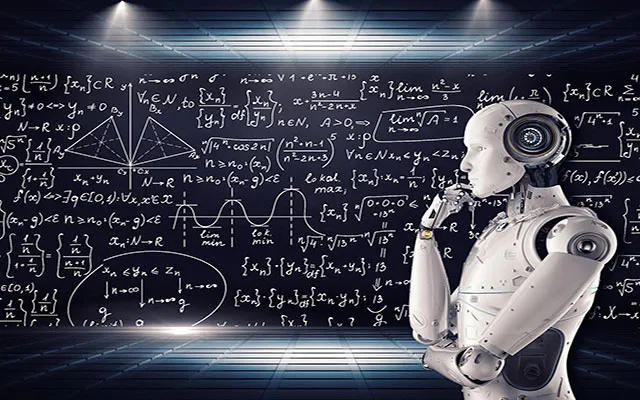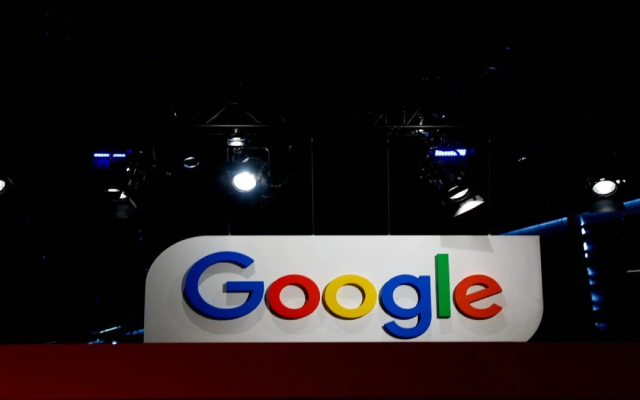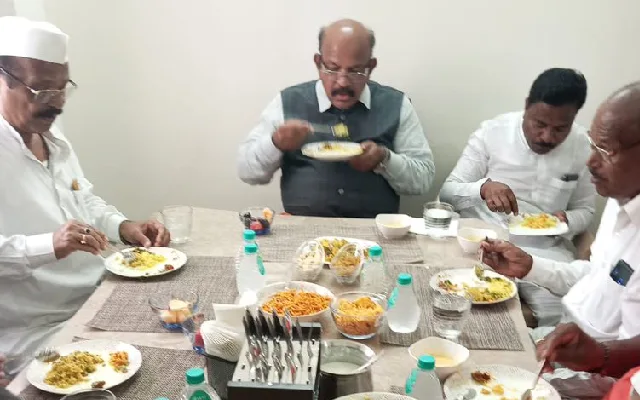
Last year on a flight to US I stumbled upon a short documentary film by Nigel Latta on Sugar. He is a psychologist and author and created this documentary to show the possible danger of eating too much sugar or sugary drinks. It opened my eyes to look at Sugar consumption in our diet.
While researching more on this topic, I found another interesting video on YouTube, by Dr. Robert H. Lustig who is a pediatric endocrinologist and professor at the University of California, San Francisco, with more than a decade of experience of treating children with obesity. He believes Sugar is the poison and is the major cause of obesity in children.
Role of Insulin
My curiosity increased even further and started to look at the internal aspects of the metabolic process and became aware of one important hormone called Insulin which controls our blood sugar. Whenever there is high sugar in our bloodstream, Insulin is secreted in our pancreas to reduce the glucose (sugar) level to normal range. (Note: Glucose level in our bloodstream goes up whenever we consume sugar, carbohydrates or even proteins)
Doing more research, I came across a very interesting book, “The Obesity Code” by Dr. Jason Fung (a nephrologist from Canada). In this book, he explains the way insulin triggers and how and when it indicates the body to store fat. Here is an important excerpt from his book: “When we eat, insulin goes up, signaling the body to store some food energy as body fat. When we don’t eat, then insulin goes down, signaling the body to burn this stored energy (body fat). Higher than usual insulin levels tell our body to store more food energy as body fat.”
Being a layman, I wanted to understand this in-depth. Here is what I learned through my limited research: Our body stores excess blood sugar in a Glycogen store inside the liver. This Glycogen store (which can store around 100 grams of glucose or 400 Calories of energy) is only accessed when there is no food intake (when we fast) for more than 8-10hrs or when there is more energy need (when we do rigorous workout).
When the Glycogen store is empty, for further energy needs our body burns fat and converts into energy (a process known as lipolysis). If we eat/snack frequently, the glycogen store will never be empty, and we never give our body a chance to burn fat! Intermittent fasting approach which is getting popular these days is based on this concept whereby fasting 16hrs one can empty the glycogen store and get into fat-burning mode.
When our glycogen stores are full, the metabolic process converts all excess glucose into fat (Body’s way of preserve energy for a rainy day in the future). So, if we frequently eat, we trigger insulin frequently and we send all our energy intake into our long-term storage (fat). This, in turn, causes weight gain and slowly but surely, we become obese.
Another long-term side effect of consuming sugar or carbs or proteins frequently is that our cells become resistant to Insulin’s call to store glucose and eventually, we get to a state known as insulin resistance. At this stage Insulin becomes ineffective and our blood glucose levels remain high, we will slowly move to a pre-diabetic state (HbA1c > 5.7) and eventually if we don’t change this culture of frequent eating, we become diabetic (HbA1c > 6.4). [Note: HbA1c is a blood test that indicates our average level of blood sugar over the past 2 to 3 months]
Impact of Diabetes
According to Diabetes Foundation (India), around 50.9million people suffer from diabetes in our country and this number likely to touch 80million by 2025. According to one US study in 2017, the overall medical expenses of a diabetic is more than twice that of a non-diabetic.
The impact of long term diabetics includes damage to the large blood vessels of the heart, brain and legs and damage to the small blood vessels, causing problems in the eyes, kidneys, feet, and nerves. According to the United States’ National Institute of Health (NIH), people having diabetes are more likely to develop heart disease and have a greater chance of a heart attack or a stroke.
Preventing Diabetes
What can we do about it? How do we avoid becoming obese or Diabetic? A good start would be to reduce our sugar, processed foods, and carbohydrates intake. Indian diet is generally rich in carbohydrates (Rice/Wheat) causing insulin secretion every time we eat. Even our side meals contain sugar or carbohydrates (Tea, Coffee, Soft drinks, most of the snacks and sweets). So, if you like Indian food, it may be hard to find food items that do not trigger insulin.
Another approach is to reduce the frequency of our meals. Some of us may be consuming 3-4 cups of tea/coffee (with sugar) per day in addition to breakfast, lunch, evening snacks, and dinner which would cause at least 7-8 times the secretion of Insulin every single day.
Dr. Jagannath Dixit, author of “Effortless Weight loss and Diabetes Prevention”, recommends consuming only 2 meals a day (insulin secretion only twice a day) and drink only water for the rest of the day.
Yet another approach is intermittent fasting where we need to consume all our meals within a window 4-8hrs window and fast remaining 16-20hrs consuming plenty of water. According to Dr. Mark Mattson of NIH (US), fasting or intermittent energy restriction helps even our brain. His TEDx talk on “Why fasting bolsters brain power” is a must-watch. (available on YouTube). I have personally tried the Intermittent fasting approach for more than a year now with 16hrs fast 5-6 days a week. This has helped me reduce not only my weight by 10kgs but also my HbA1c and fasting Insulin (which is a measure of insulin secretion in a fasted state).
Take control of health
It’s better to take control of our health before its too late. We need to review our Urban culture of eating/snacking regularly throughout the day. Some of us are eating/snacking even when we are not hungry. While some of the corporates are supplying free food, snacks, and fruits, we need to be consuming it only when we are hungry, and we should absolutely stop the habit of overeating.
I strongly recommend everyone to include HbA1c and fasting Insulin tests in their yearly checkups and track the results over a couple of years. If HbA1c is going up every year it may be an alarm signal to change our eating pattern/frequency.
(Important Note: This article is purely intended to increase awareness of Diabetes. It is recommended that readers consult their doctors or carry out their own research before following any of the approaches listed here)
About the Author

Pramod Dsouza is a Sr Manager at LogMeIn India and CoFounder of Eagle10 Ventures, a firm which is an Angel Network helping Individual Investors to invest in Technology Startups.
He spends a lot of time researching in the area of health and fitness. Sports, especially Tennis, is his passion and he plays Tennis 6-days a week to keep himself fit. He is also a big proponent of intermittent fasting.
He can be reached at Pramod.dsouza@gmail.com


















